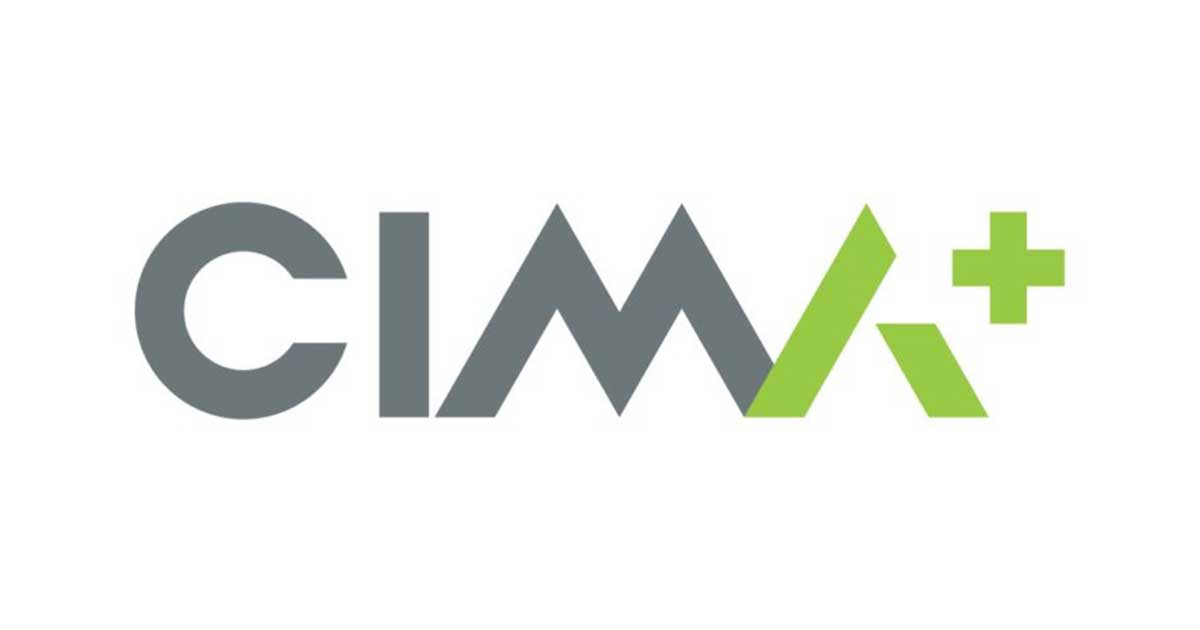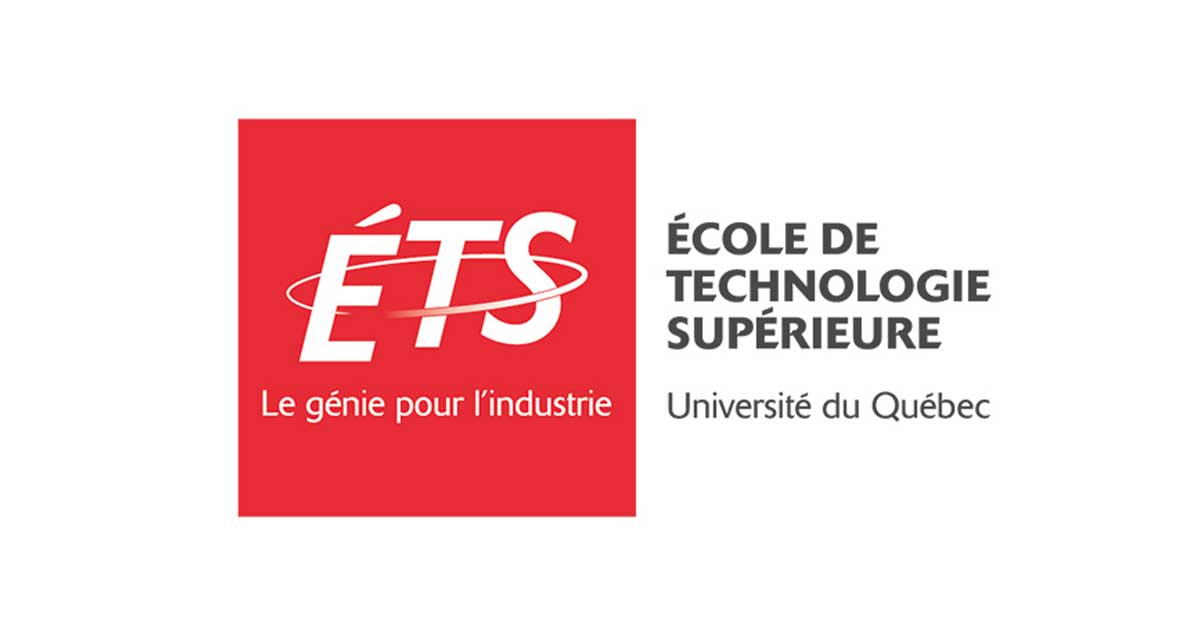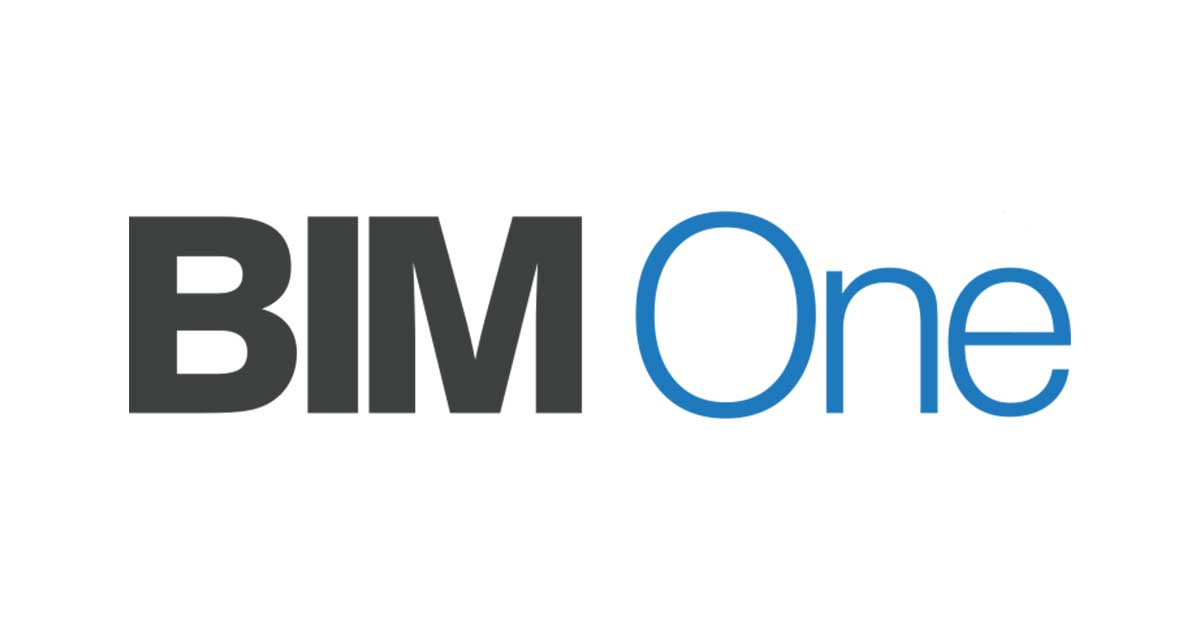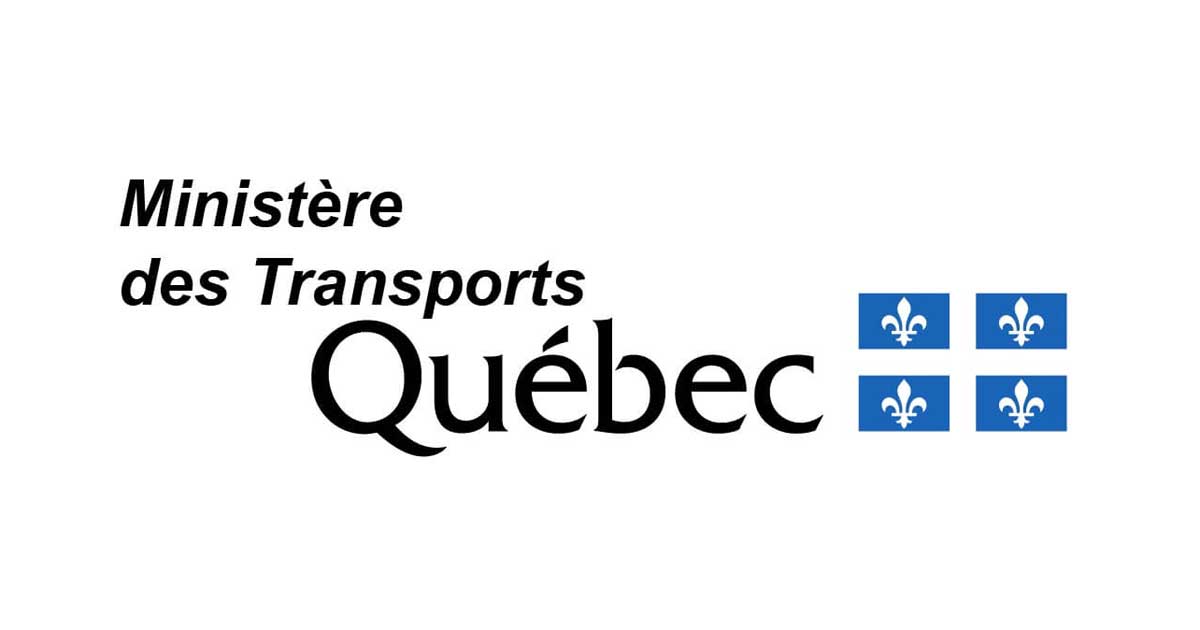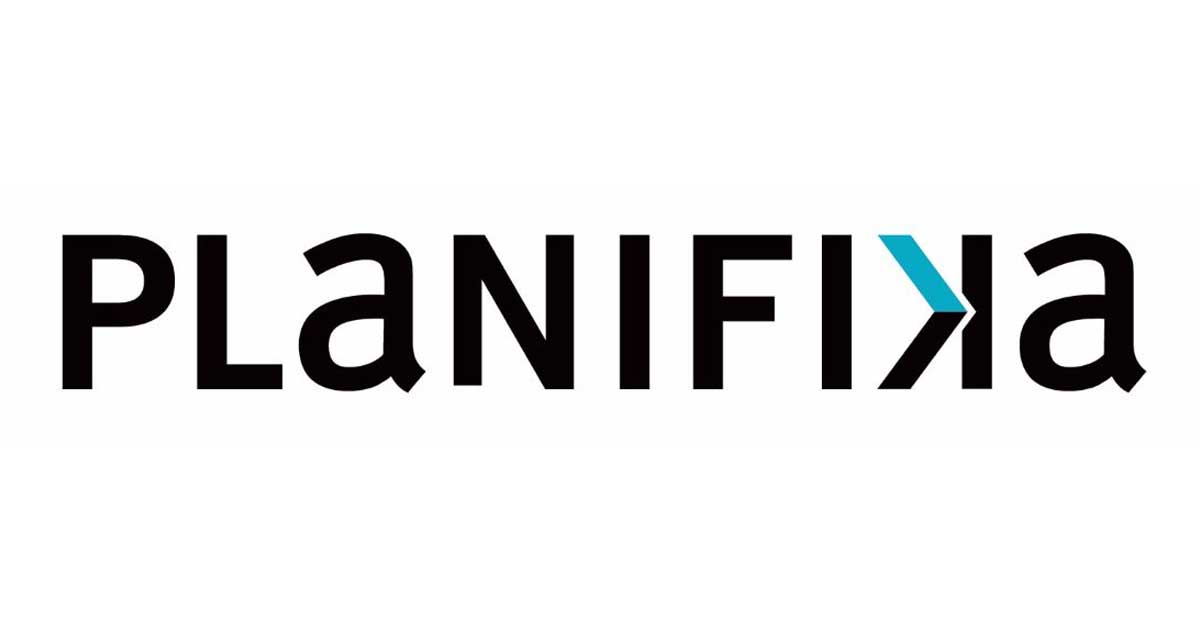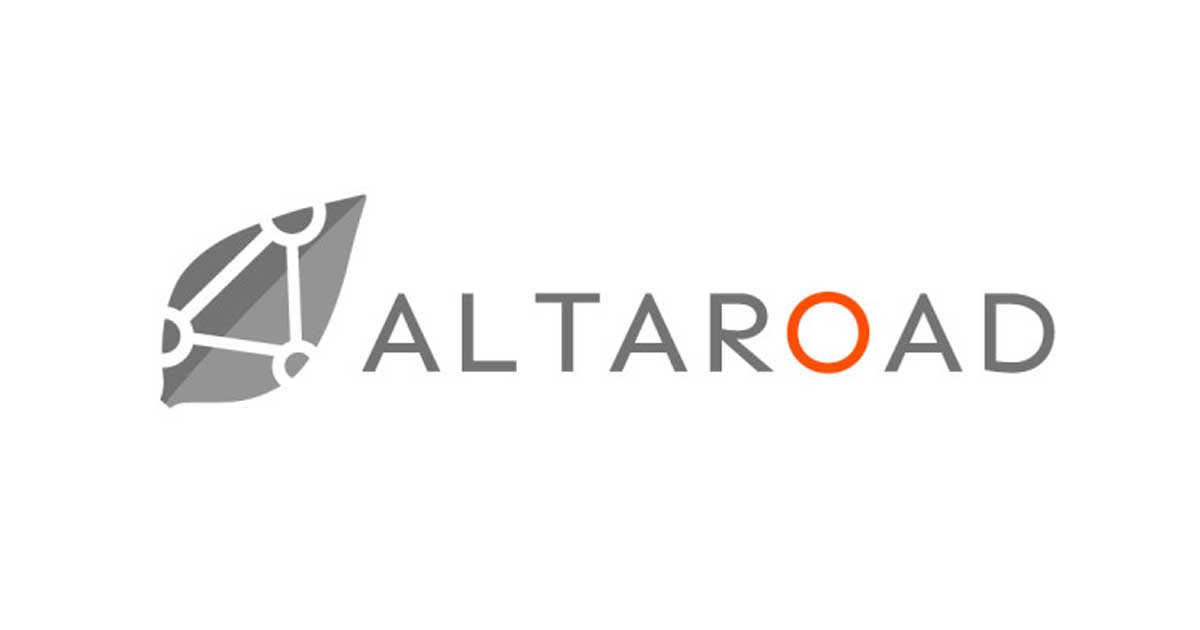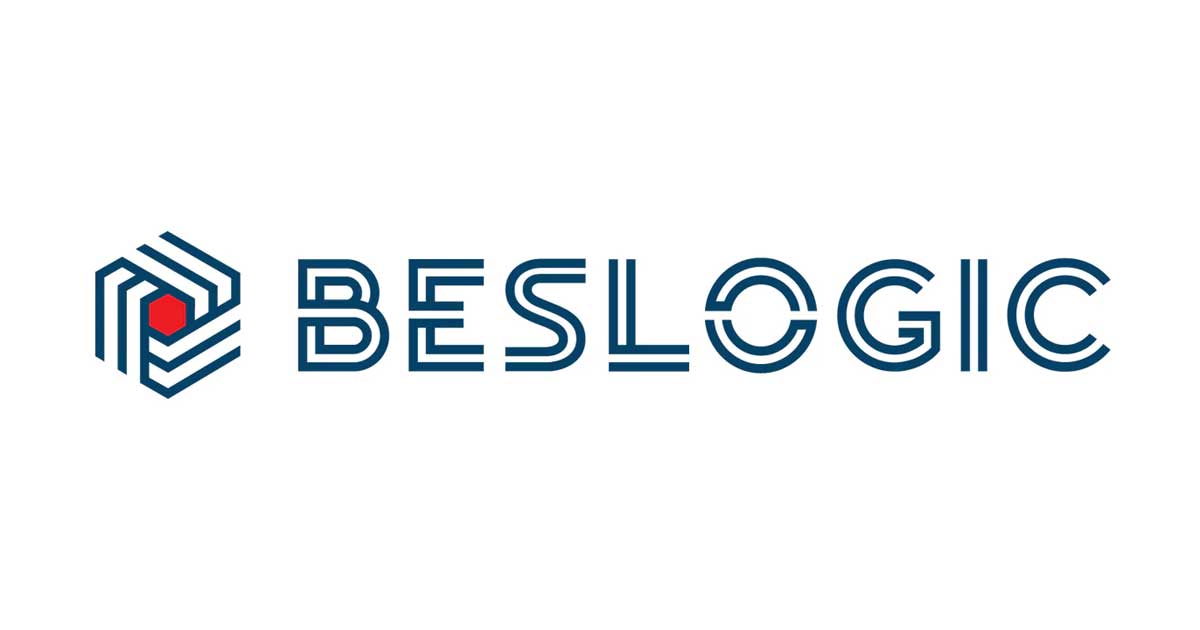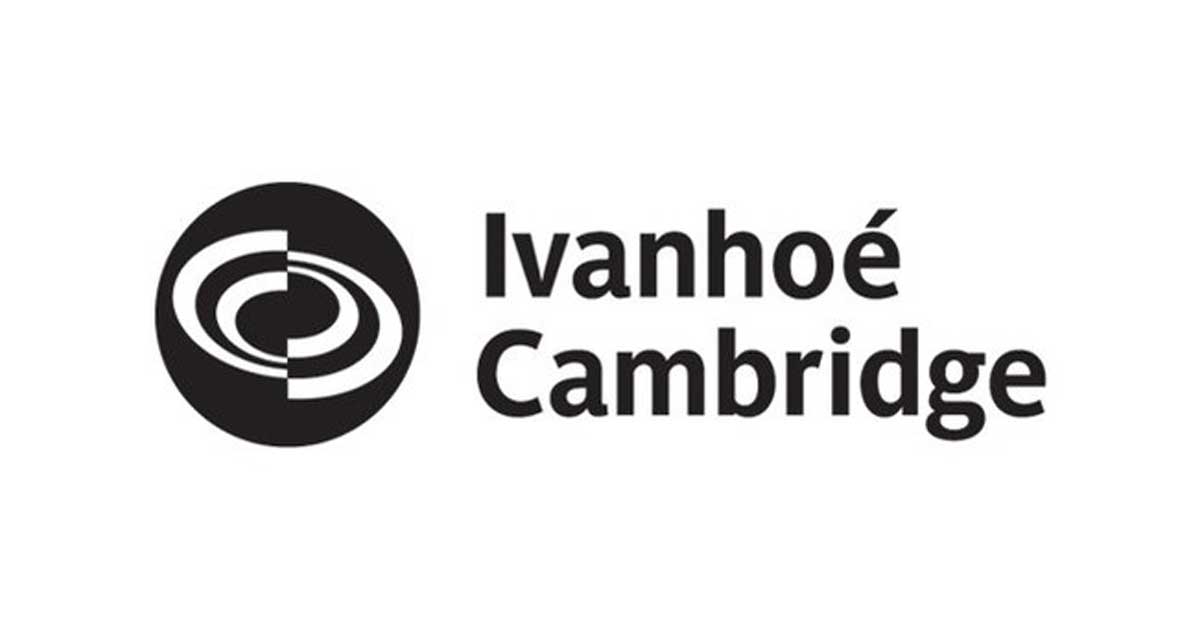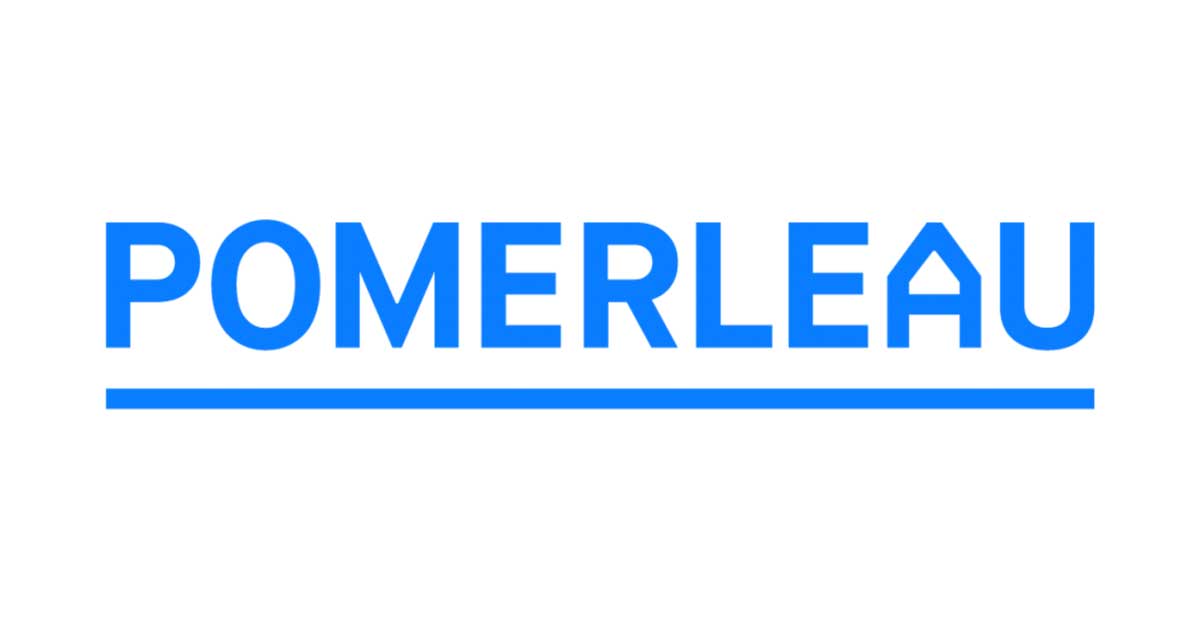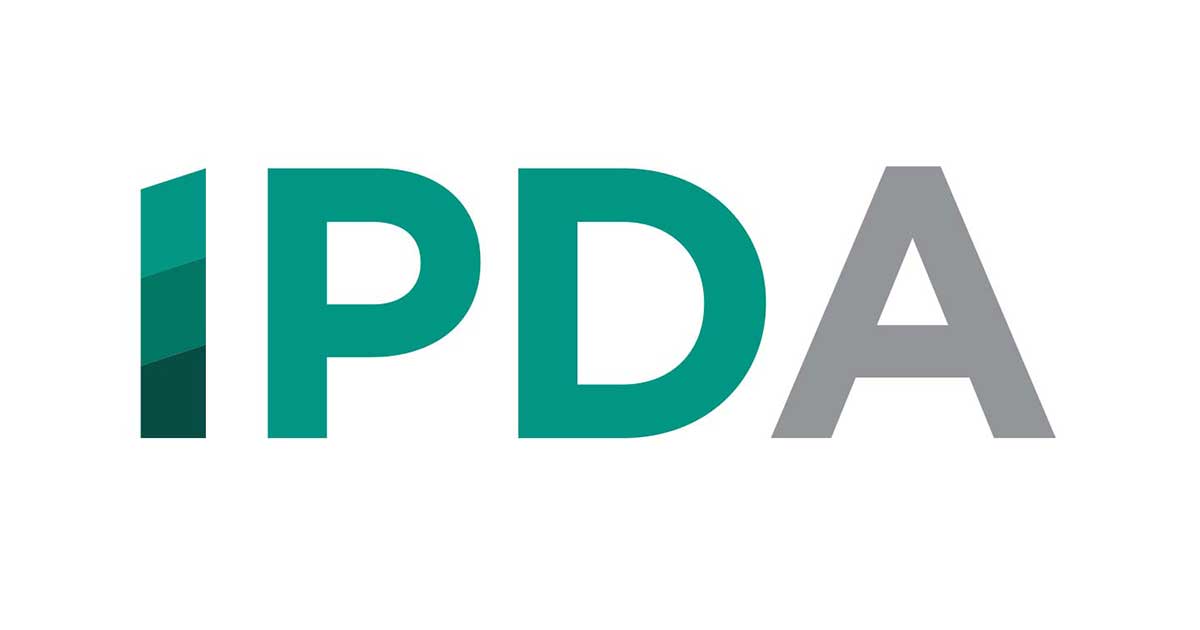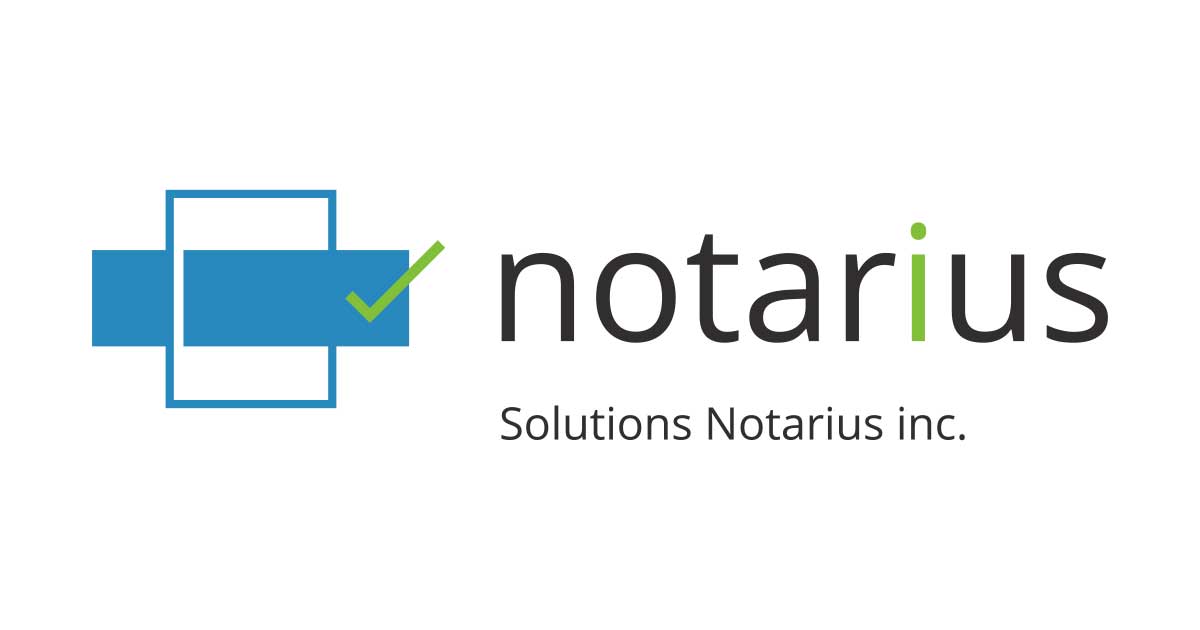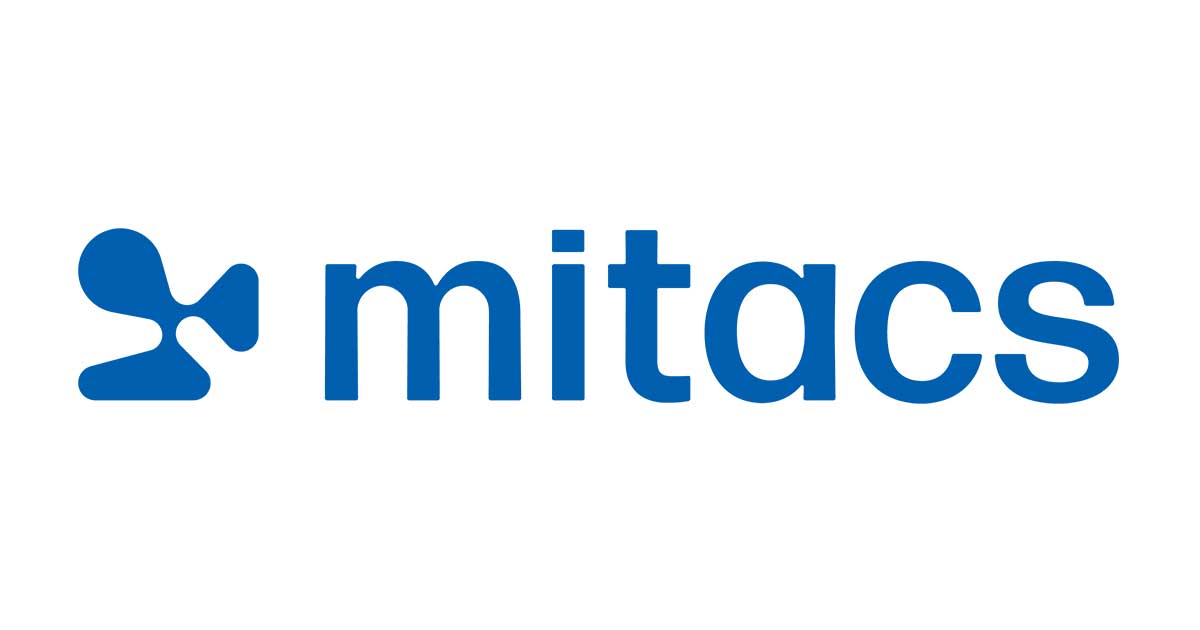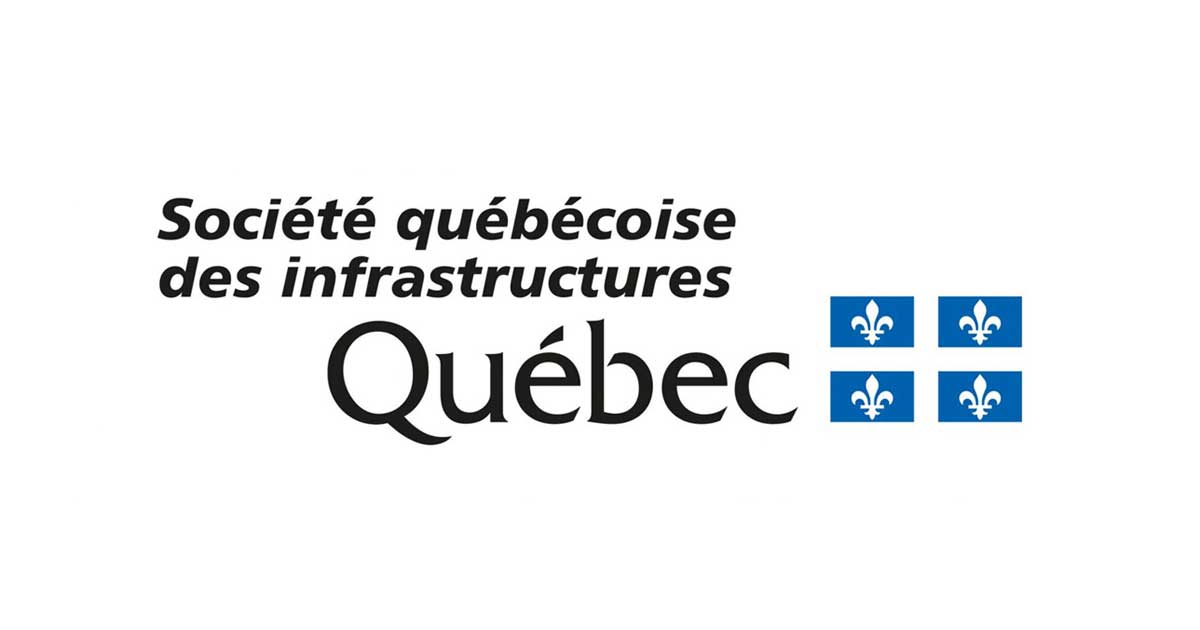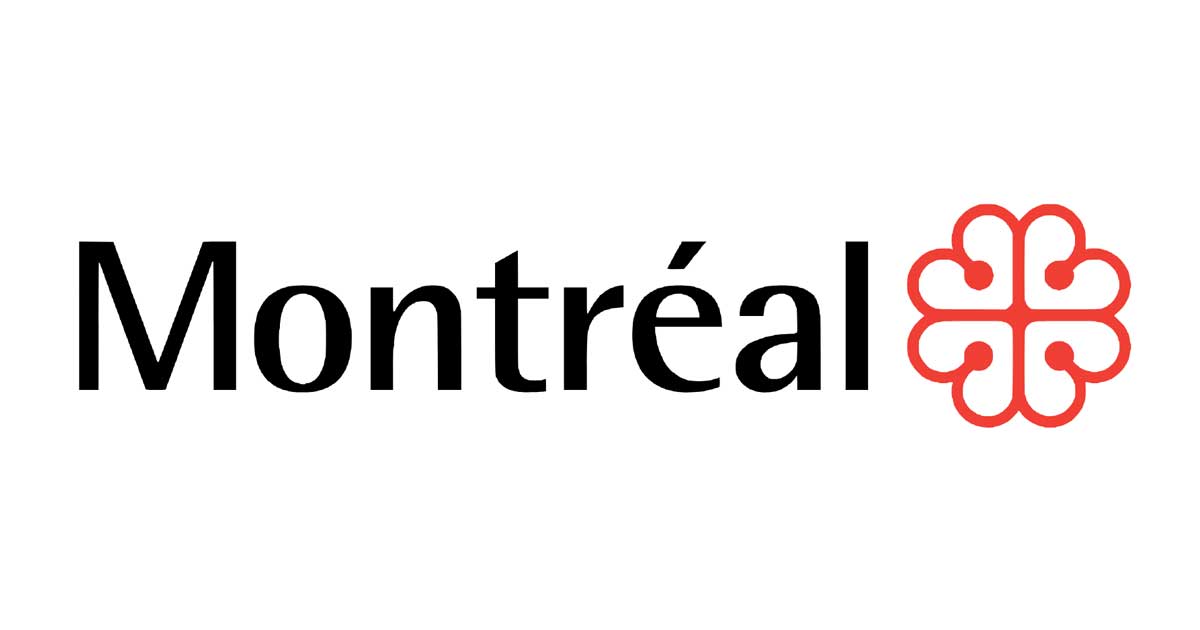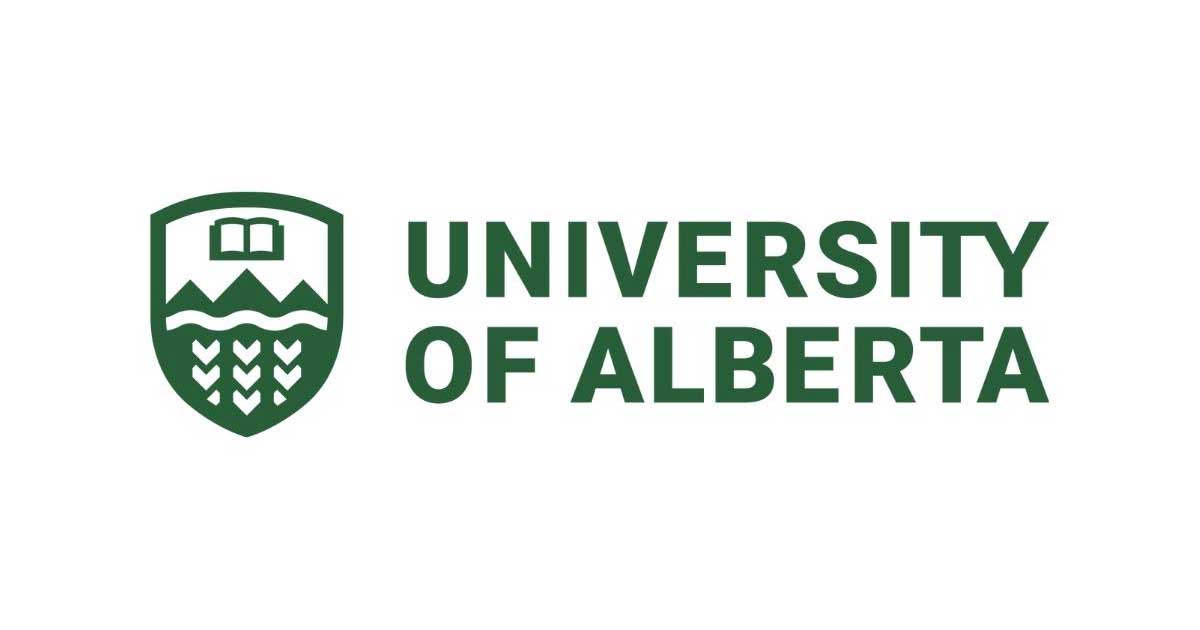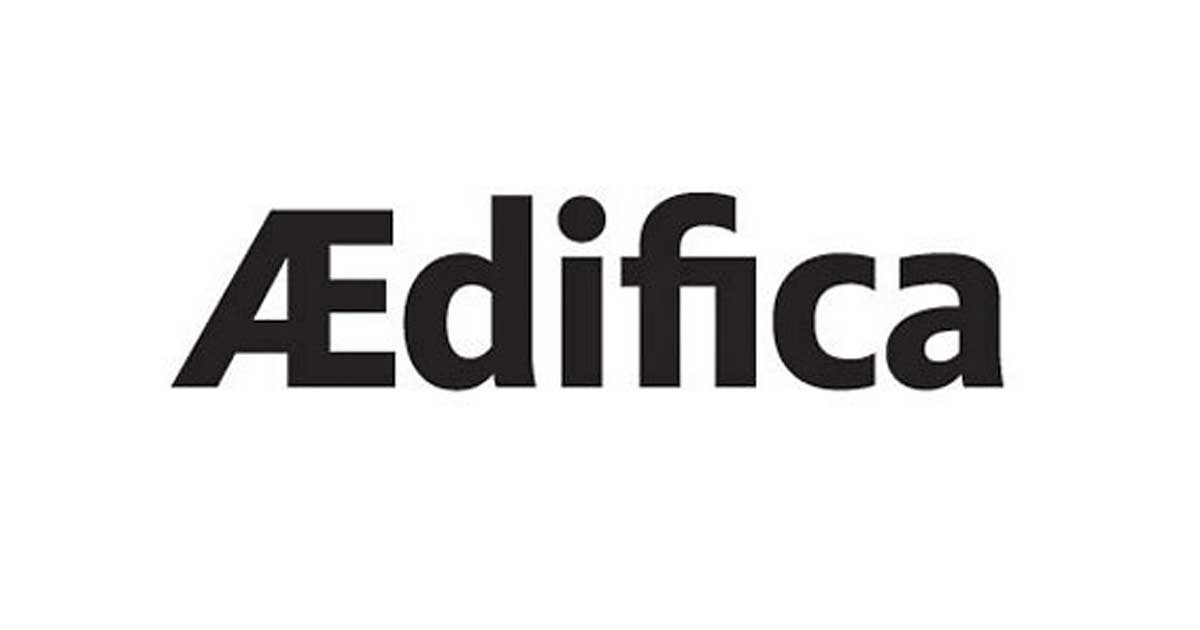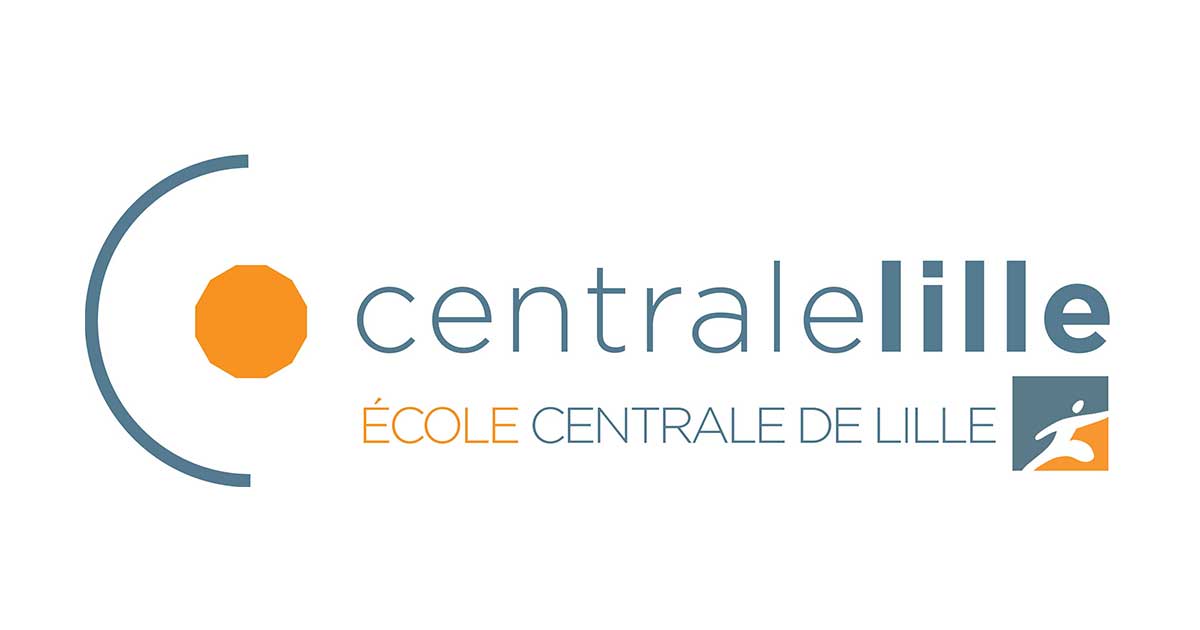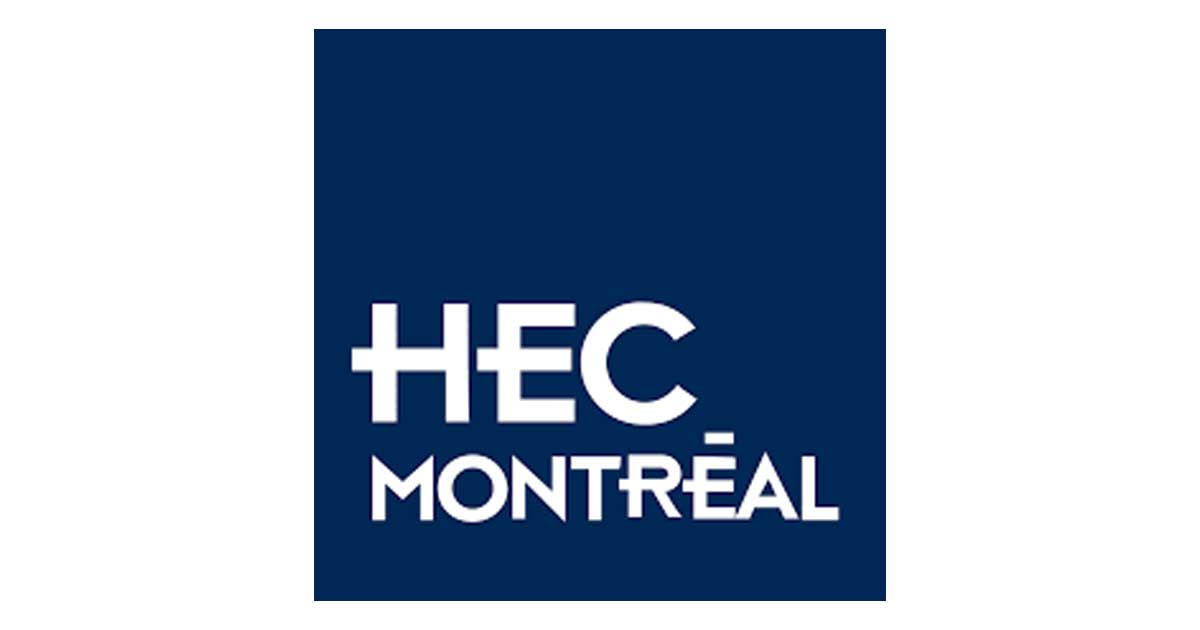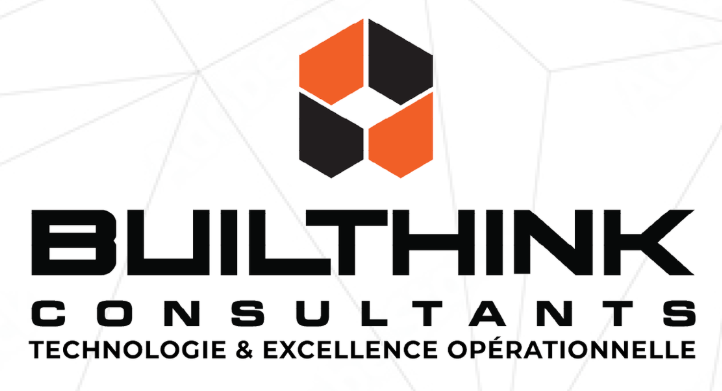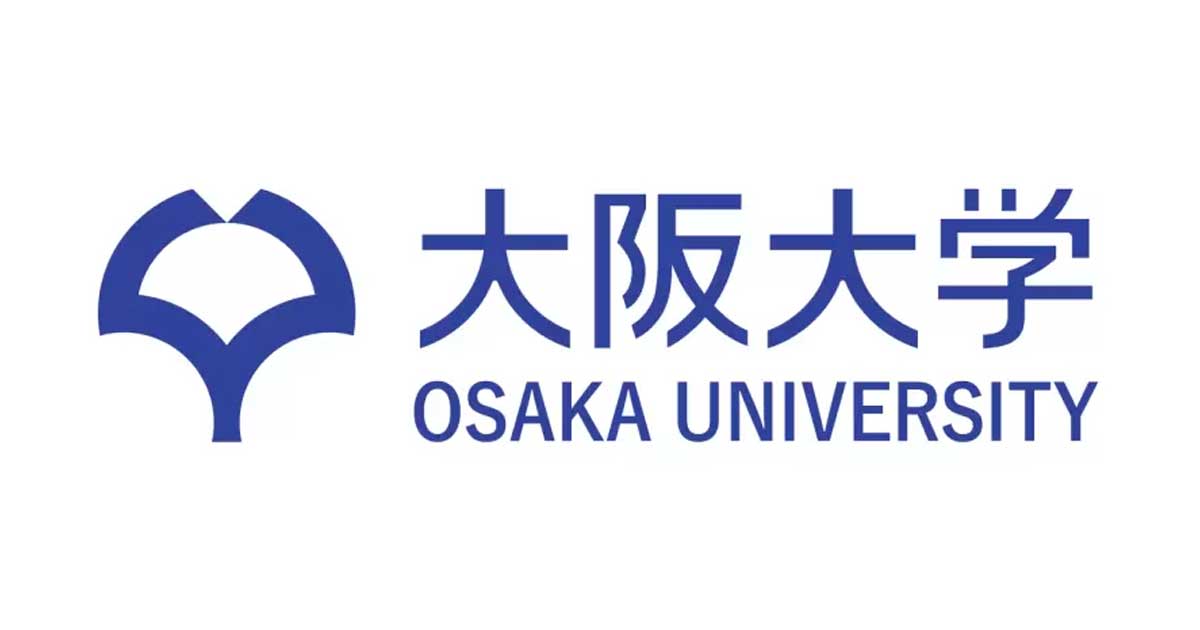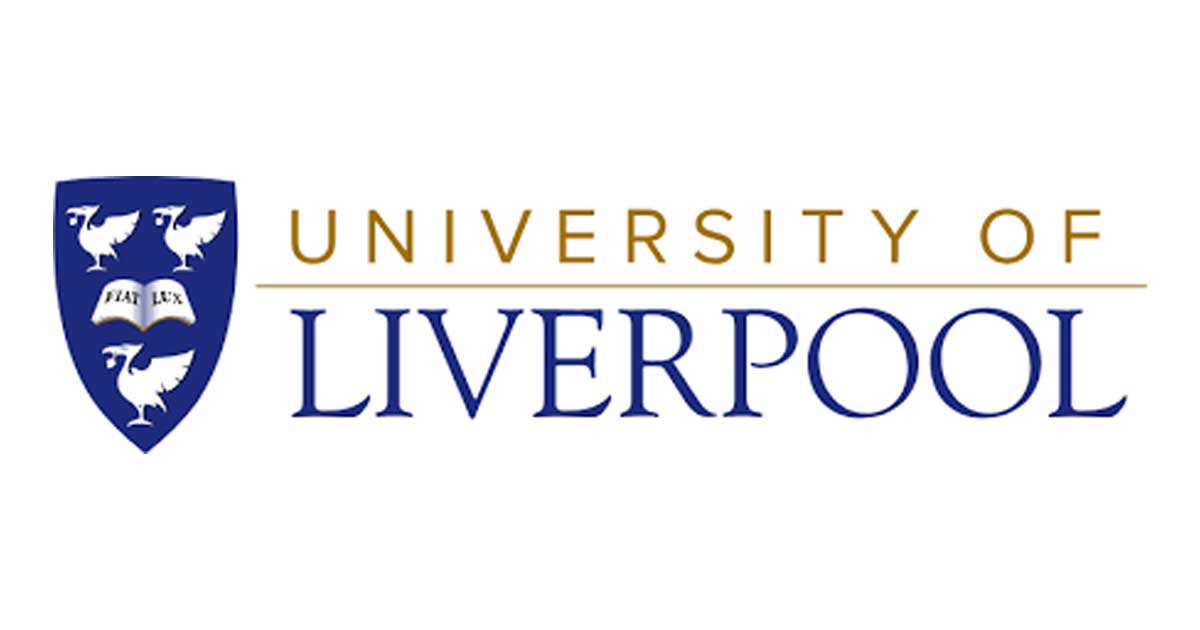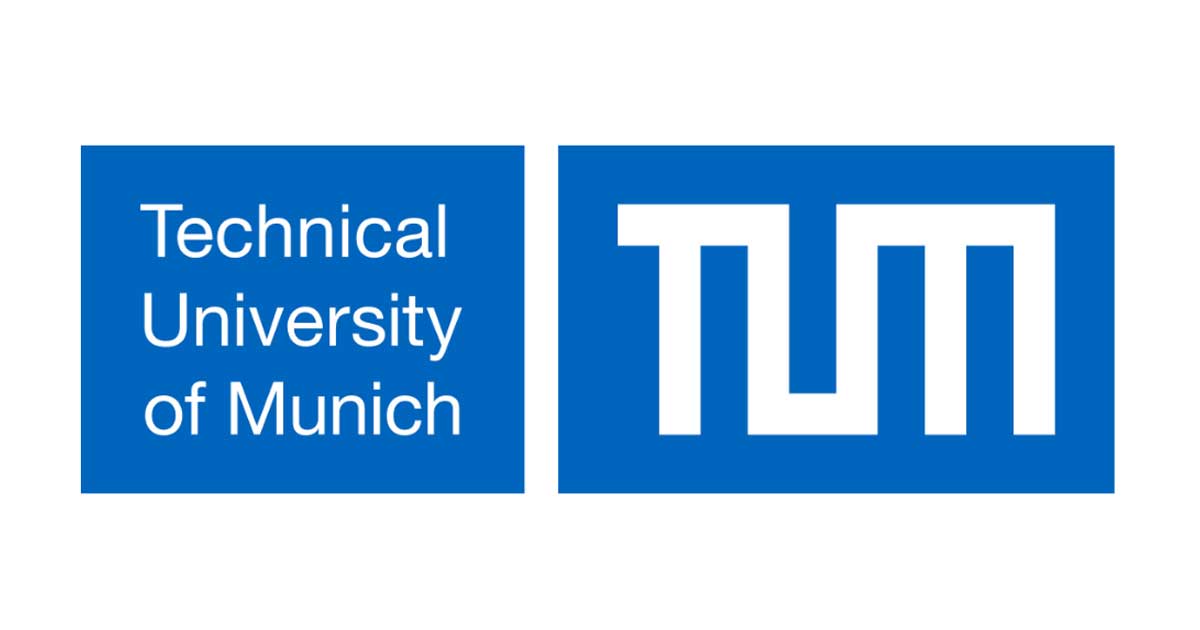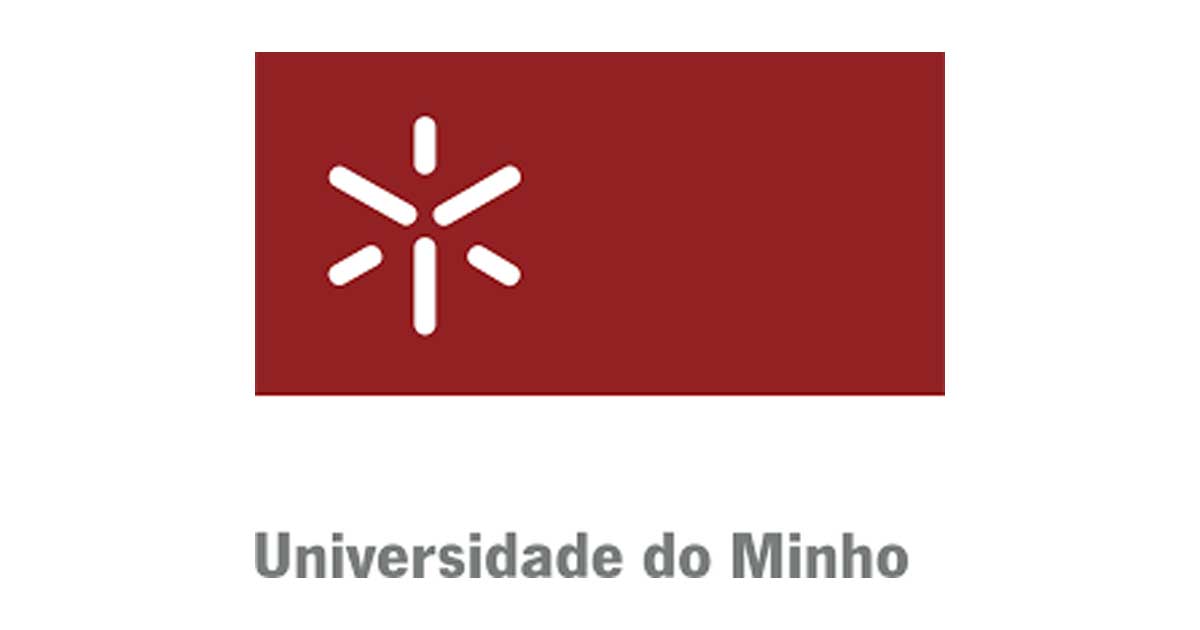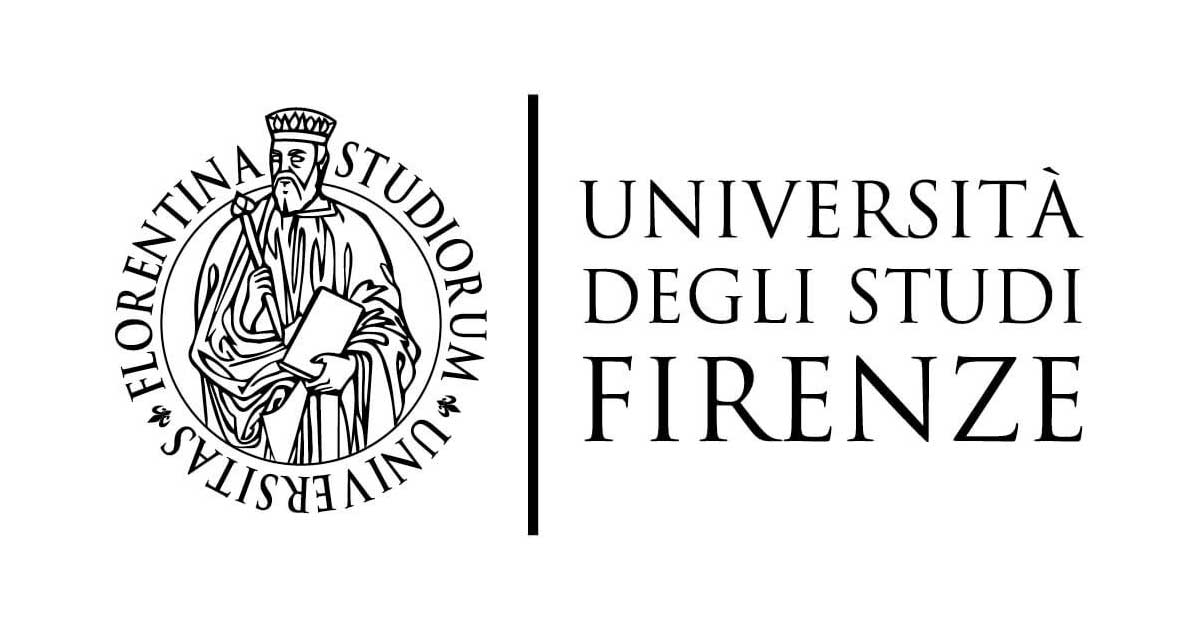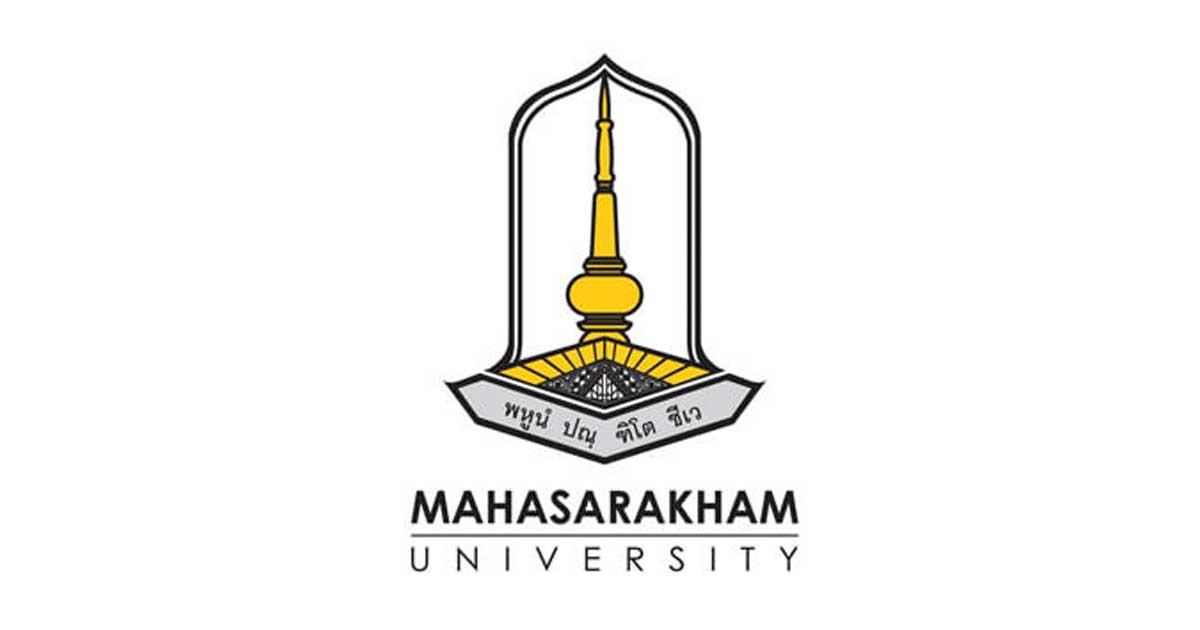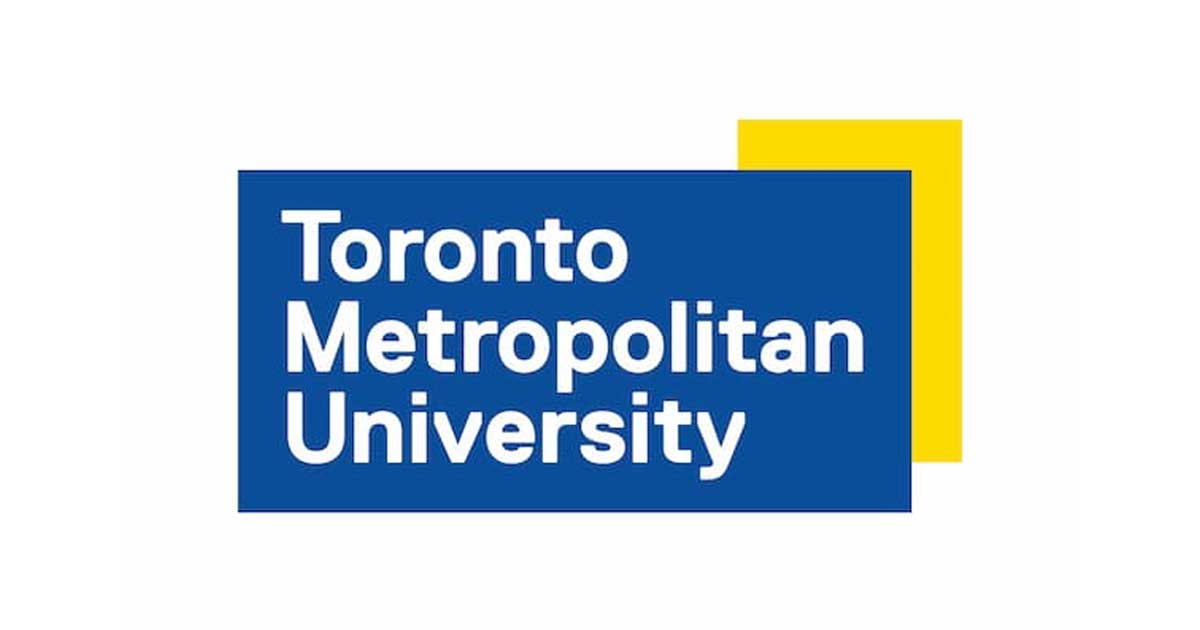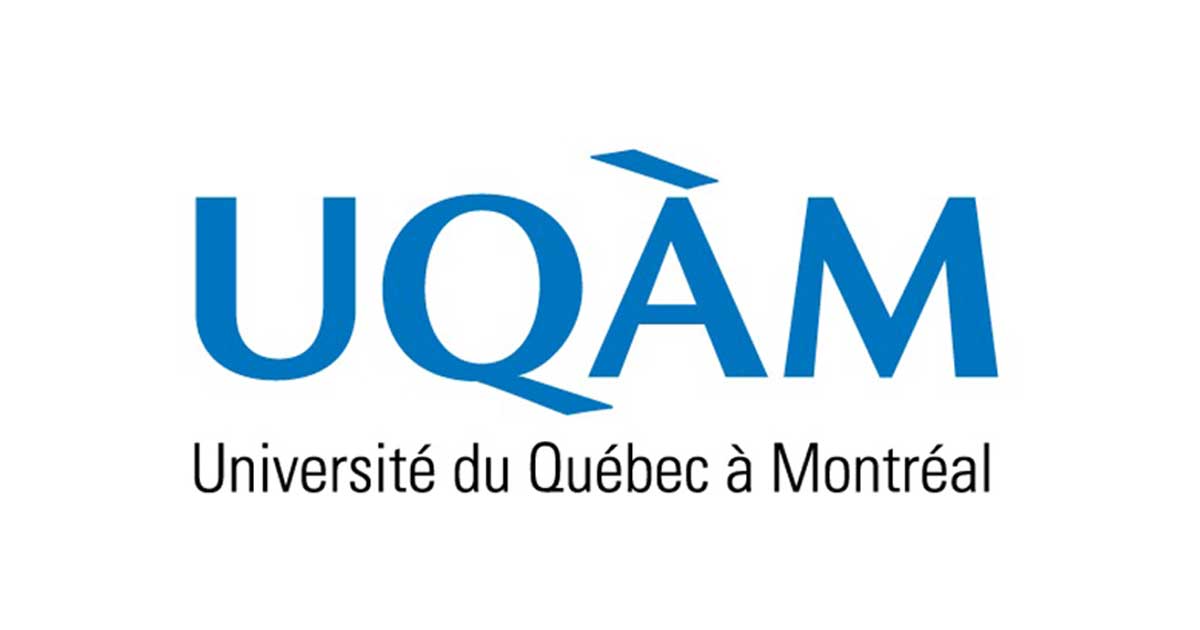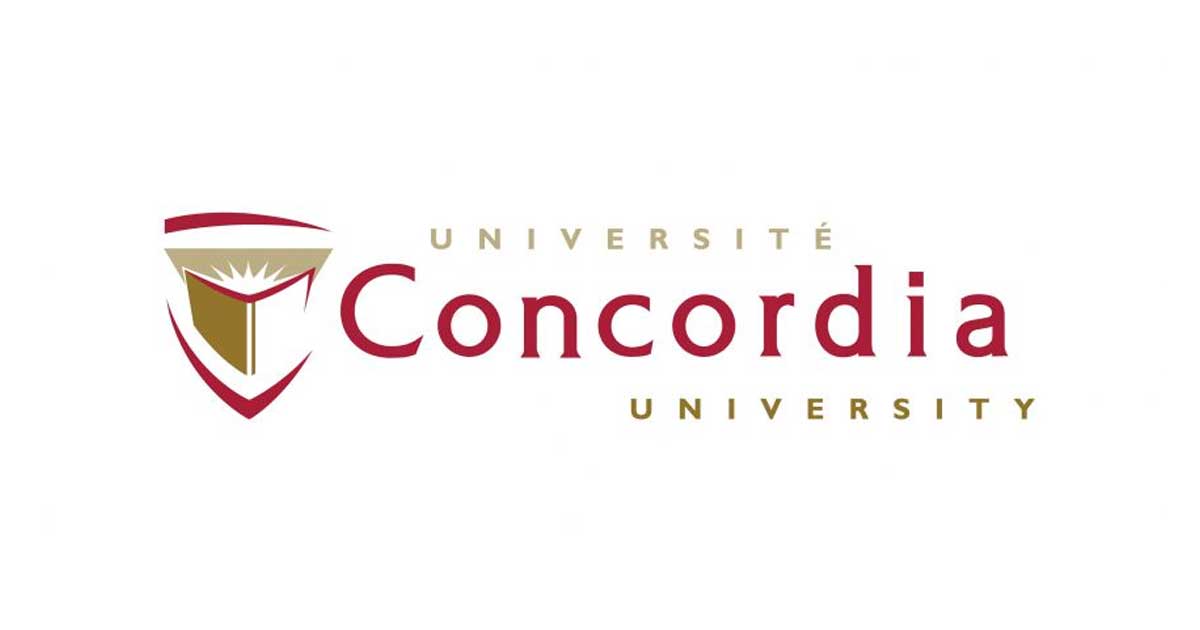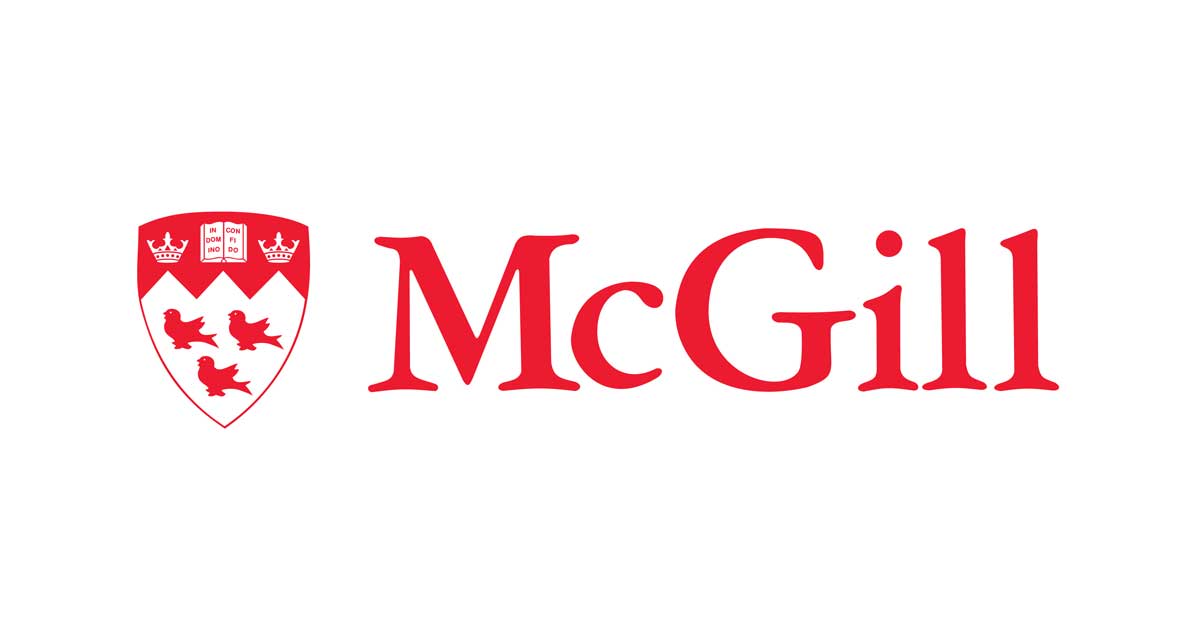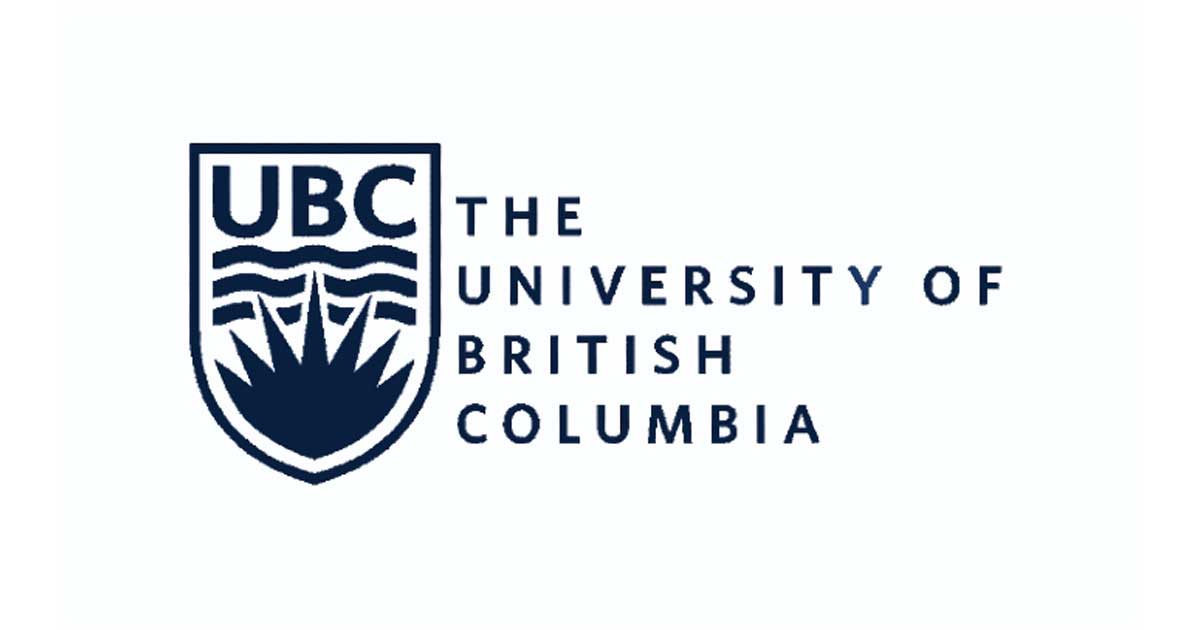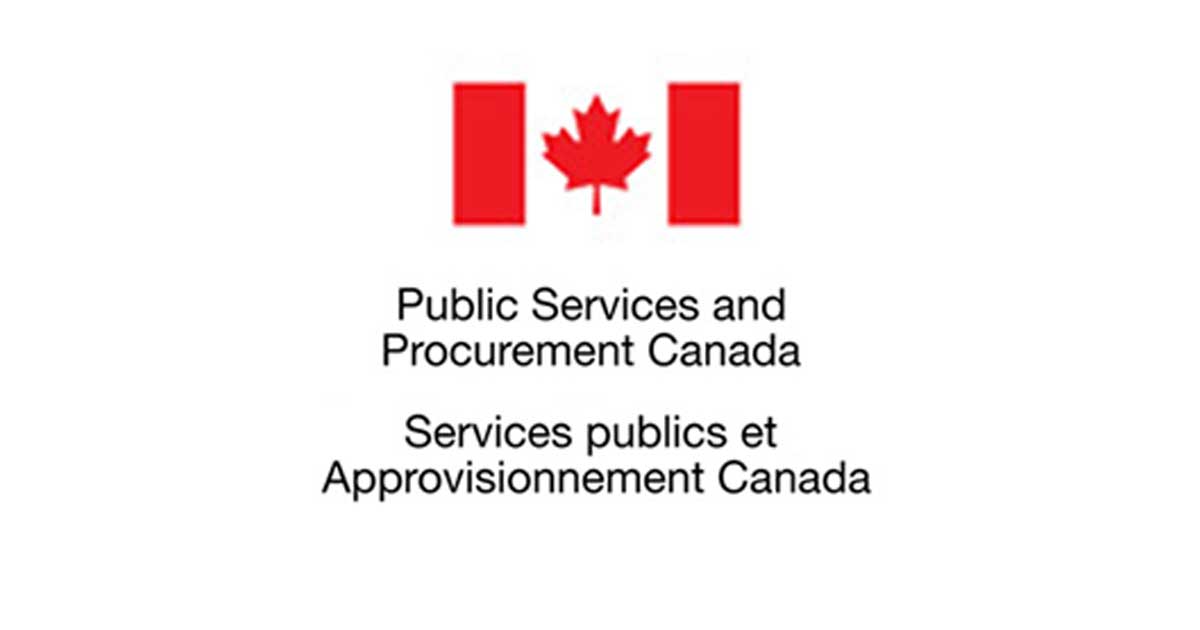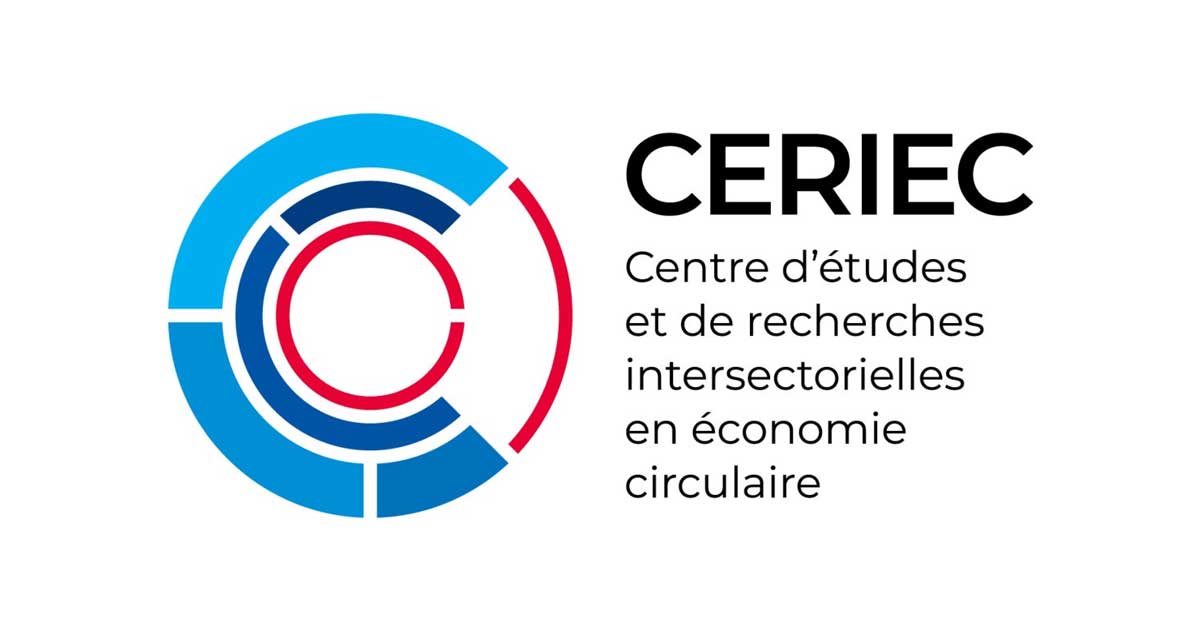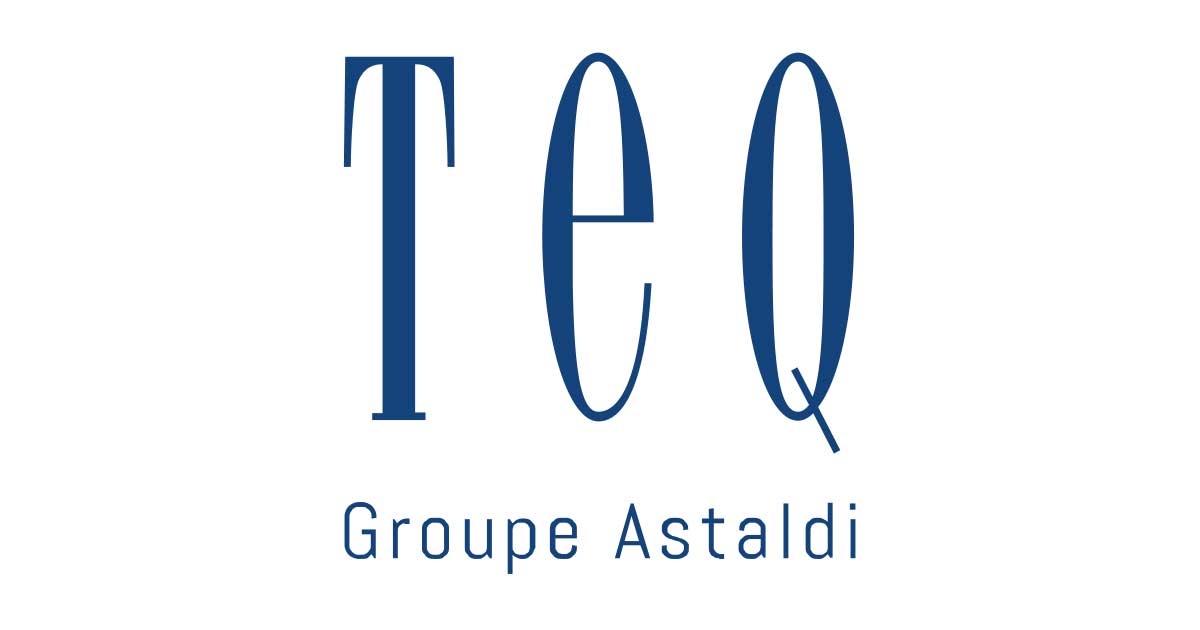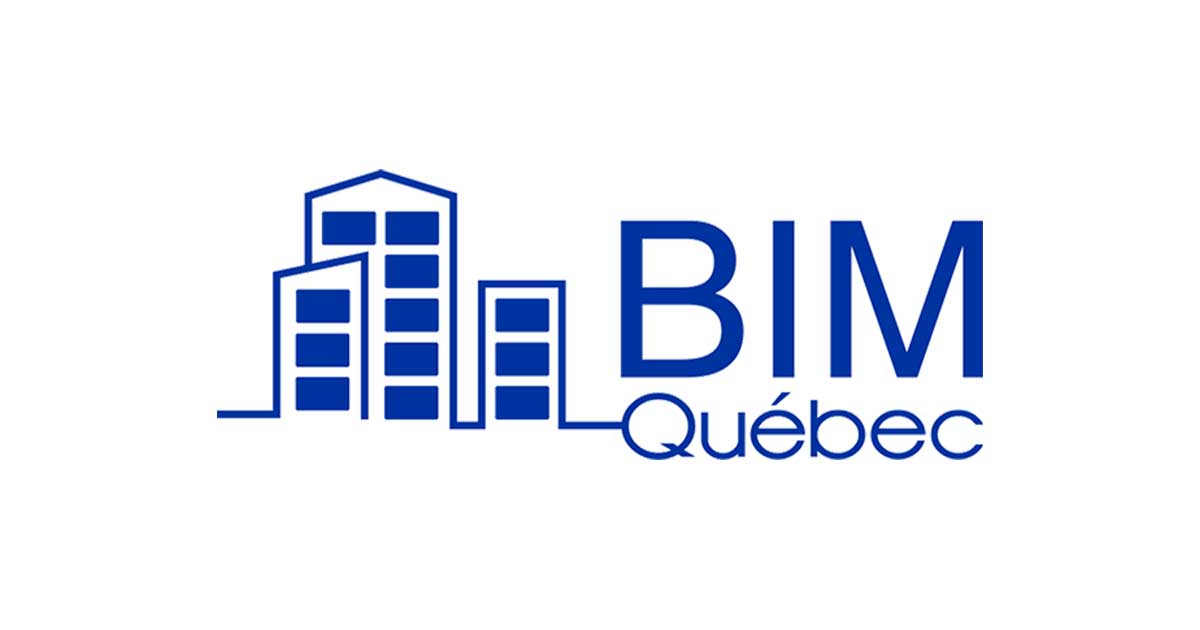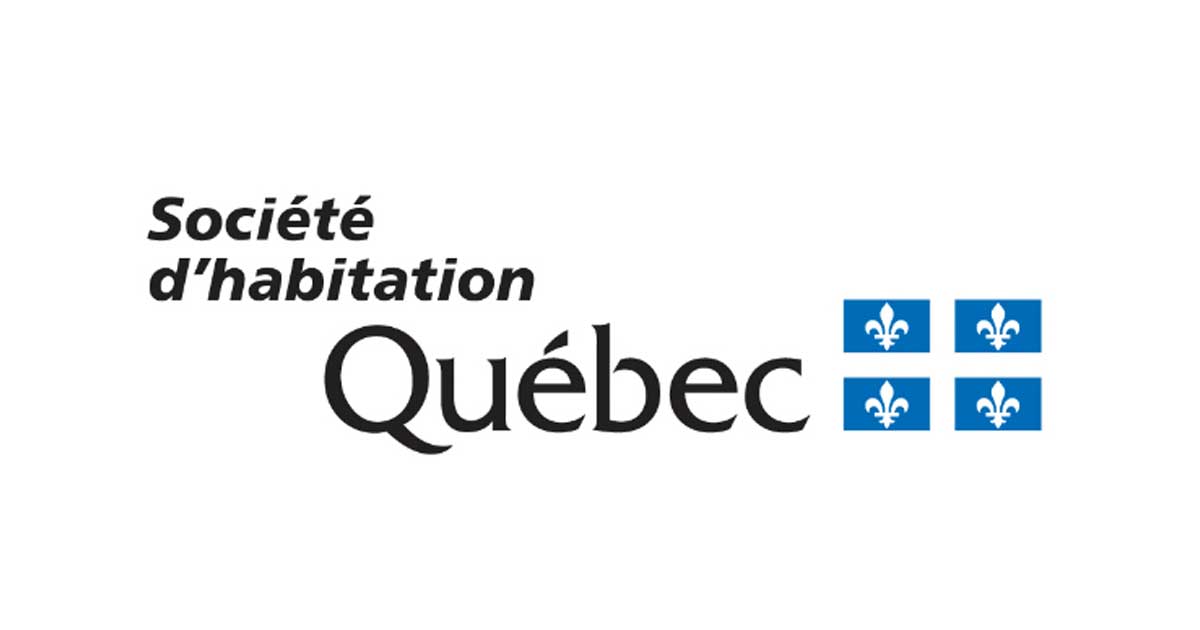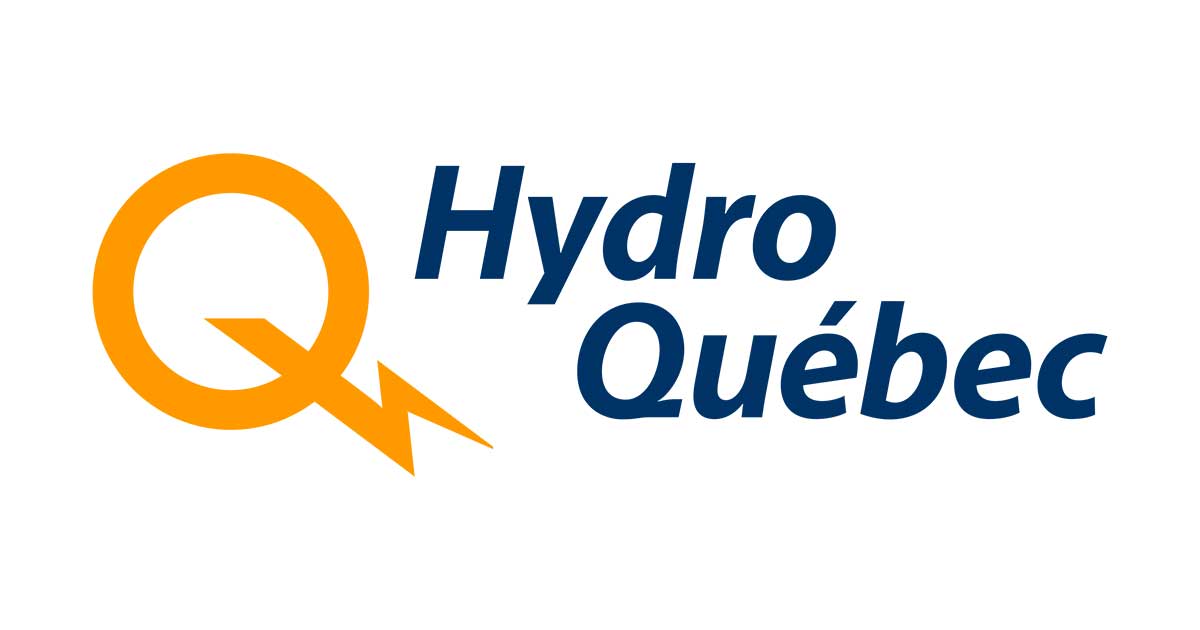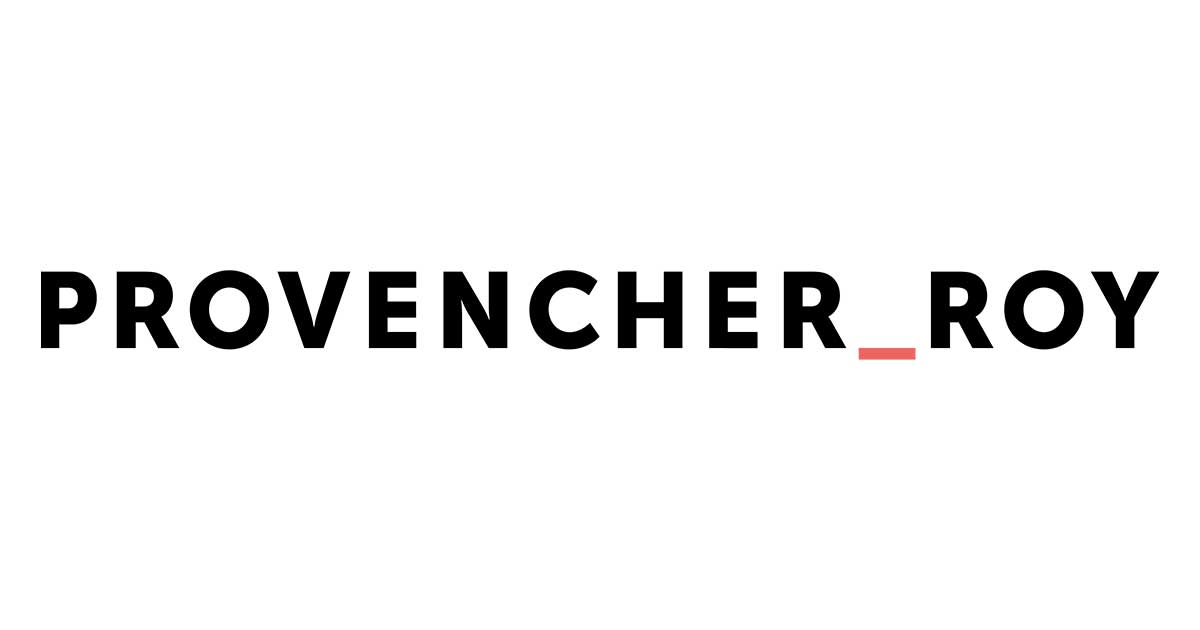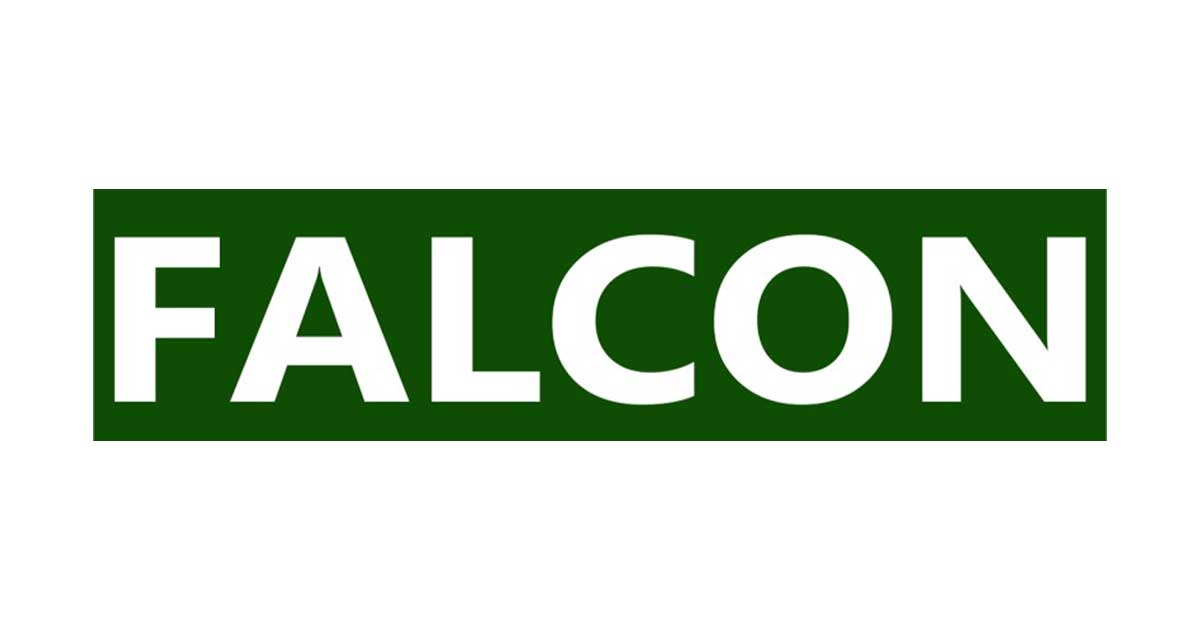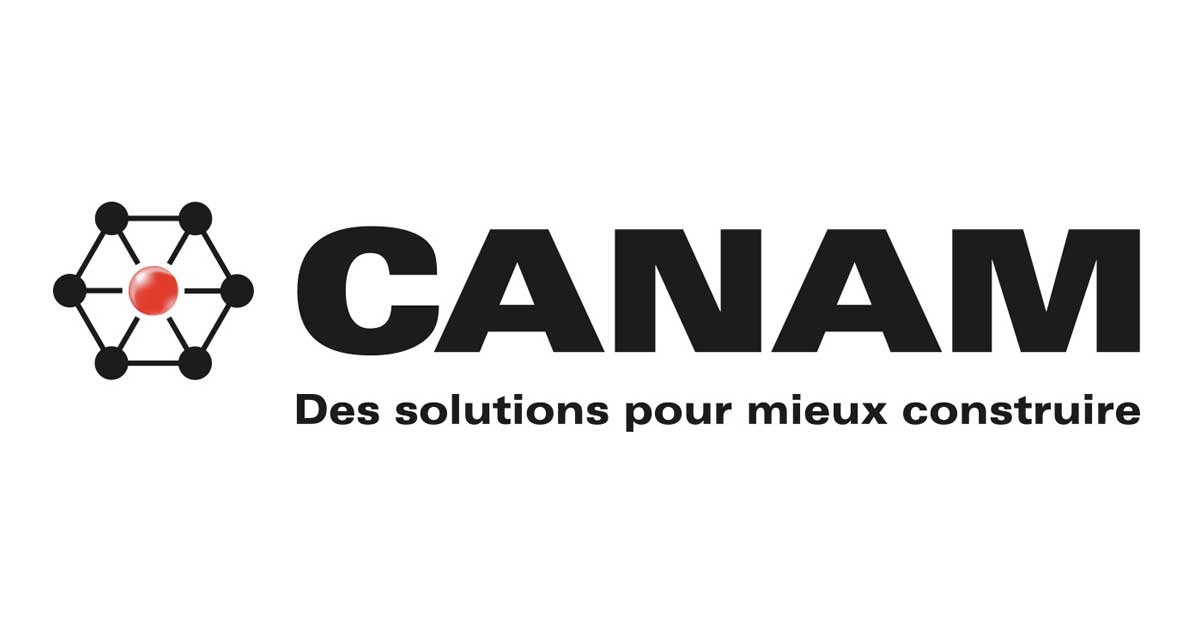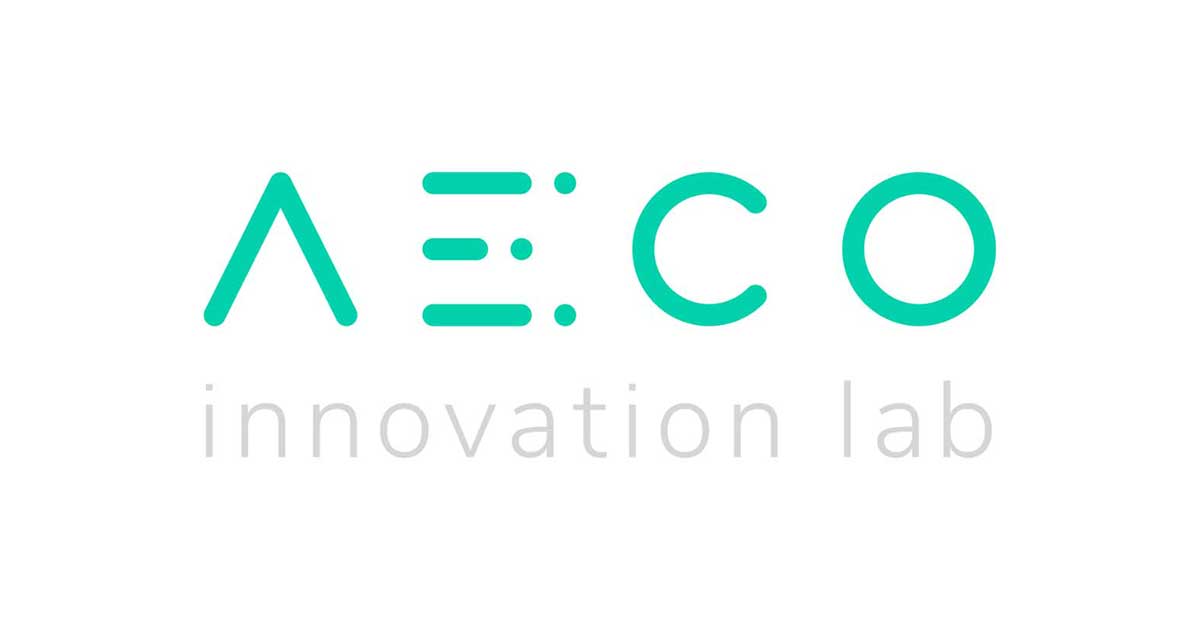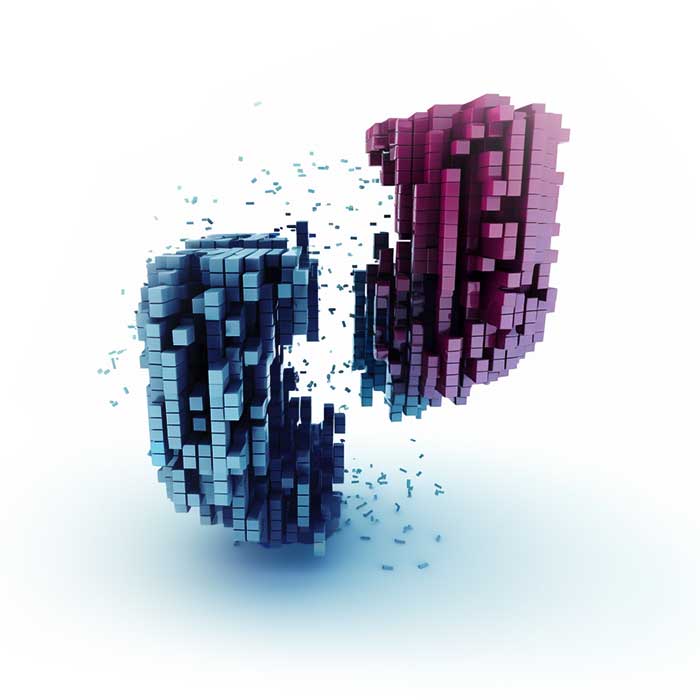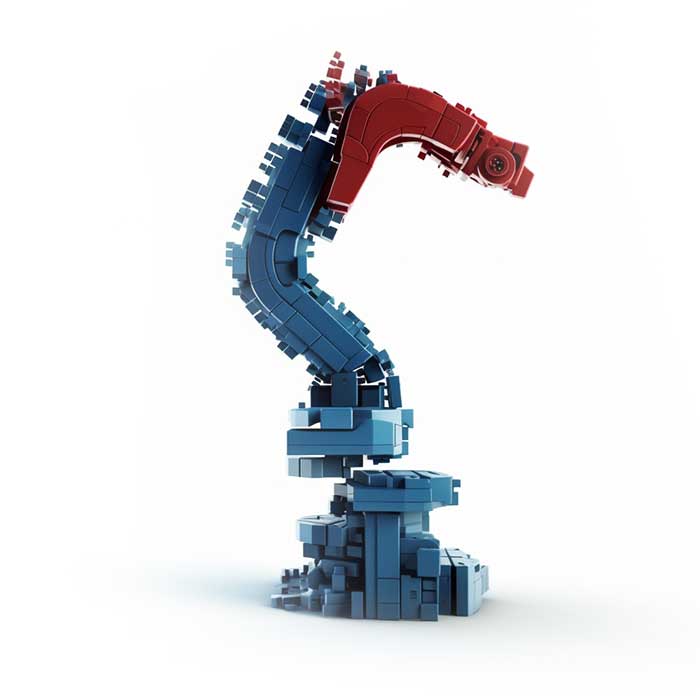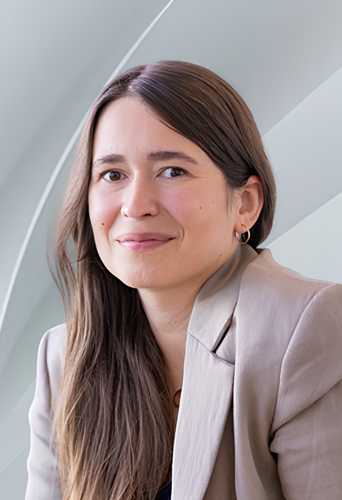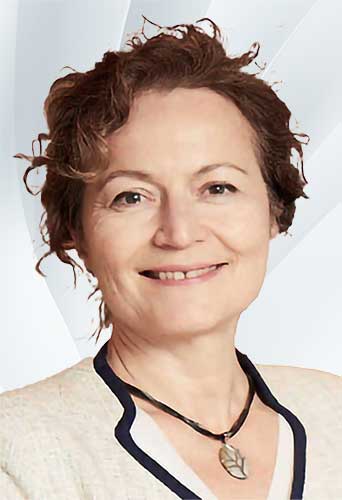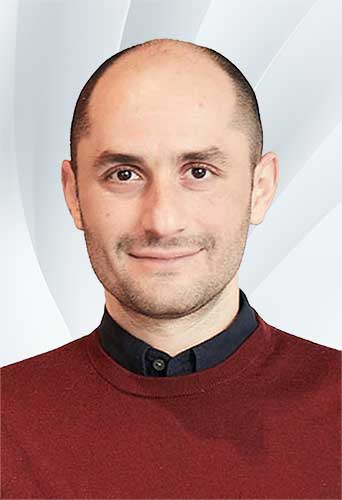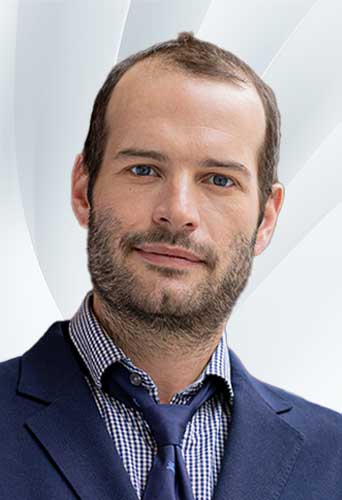GRIDD in figures
Beyond the numbers, a team dedicated to exploring technological advances in the architecture, engineering and construction industries.
36
Research projects
42
Students involved
56
Published articles
11
Published reports
GRIDD news at a glance
GRIDD’s most recent activities are presented below:
Content overview :
Background :
The construction sector is a key area of action for the transition to a circular economy (CE) on an international scale. On the one hand, the CE aims to eliminate waste by extending its lifespan and keeping it in circulation. On the other, it aims to reduce demand for materials through reuse. In this context, the Government of Quebec recommends in its CE roadmap for 2024-2028:
- Rethinking production and consumption patterns;
- Optimize the use of resources.
To ensure this circular transition, the challenges are multiple and interrelated: environmental, economic, sociological, organizational, technical and political. Organizational obstacles are the most recurrent and reflect a lack of information flow between stakeholders and between project phases. These obstacles are slowing down the transition to new working methods, new multidisciplinary team management and new skills training.
Digital tools can play a role in the interactive visualization of knowledge and interconnections, in networking and in the traceability of elements and processes.
In this context of systemic challenges and constraints, collective intelligence coupled with participative workshops can be an excellent tool for initiating new practices!
Program :
This research day will take place in 2 parts:
- The morning will be devoted to sharing and presenting research and practical experience between Quebec and Belgium;
- The second part of the day will be structured around participatory workshops, with the aim of stimulating reflection and knowledge on collaborative, multidisciplinary processes for reusing construction elements, based on a real project.
Complete program at the following link!
Objectives :
- Test and equip yourself to integrate circular practices into a real project;
- Navigating from circular intentions to the operation of built assets;
- A systemic approach to circular construction;
- Practice and theory: stimulating hybrid knowledge ;
- Connect issues and visualize processes ;
Research domains
Six areas of research to contribute to the development of the construction industry.
Research team
The GRIDD research team consists mainly of four professors. Discover their expertise by browsing their respective profiles, and don’t hesitate to contact them!
Our address
The GRIDD laboratory is located in A-1540 at École de technologie supérieure (ÉTS). If you’d like to get in touch with the laboratory, please don’t hesitate to contact us!

